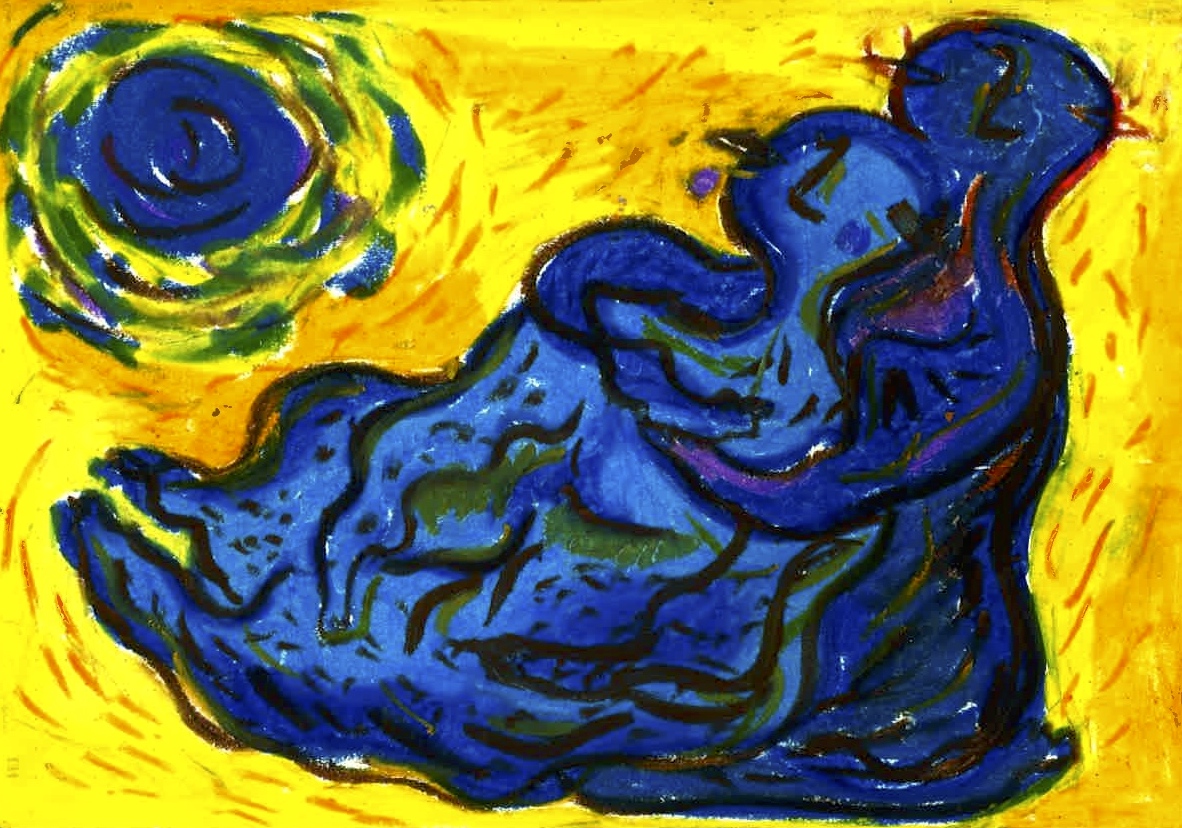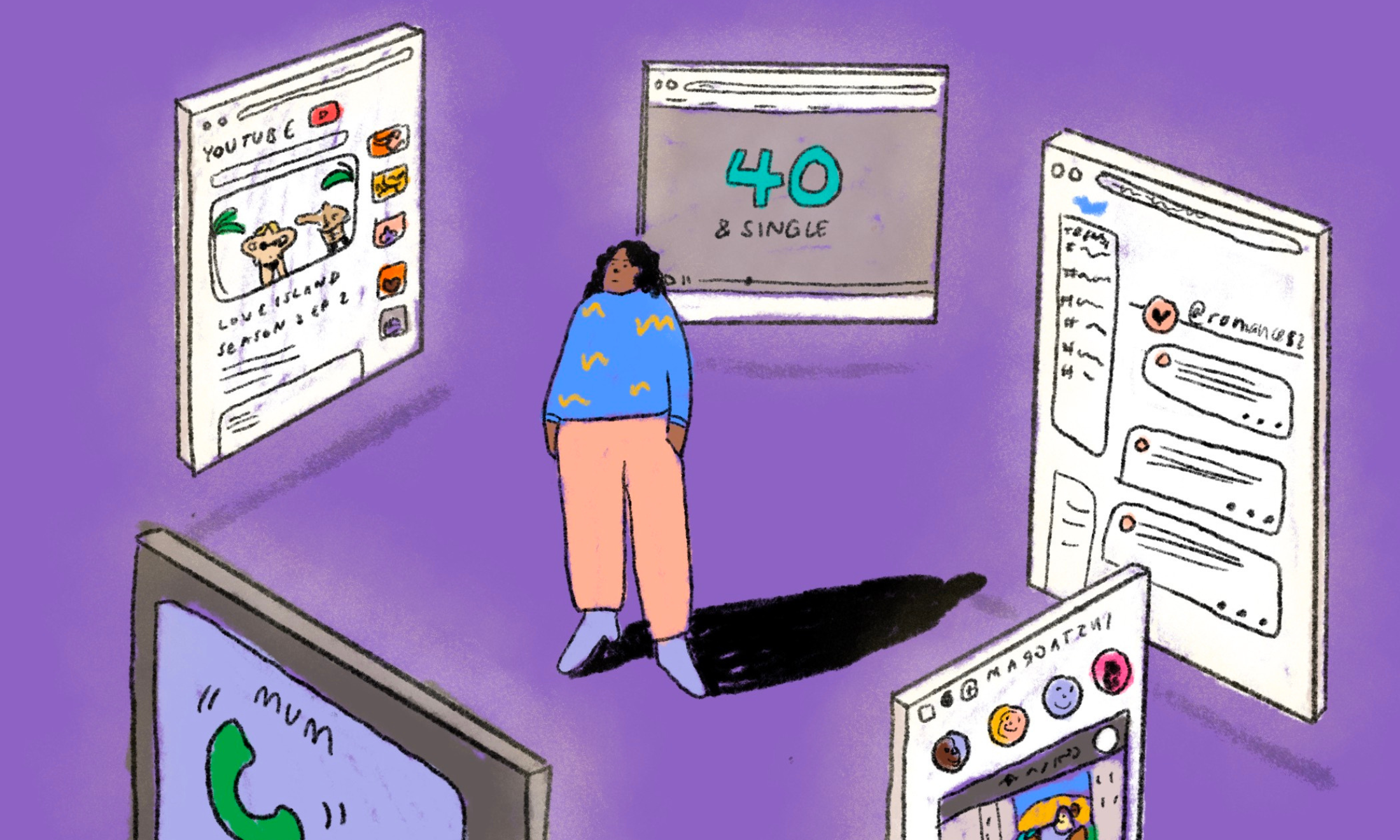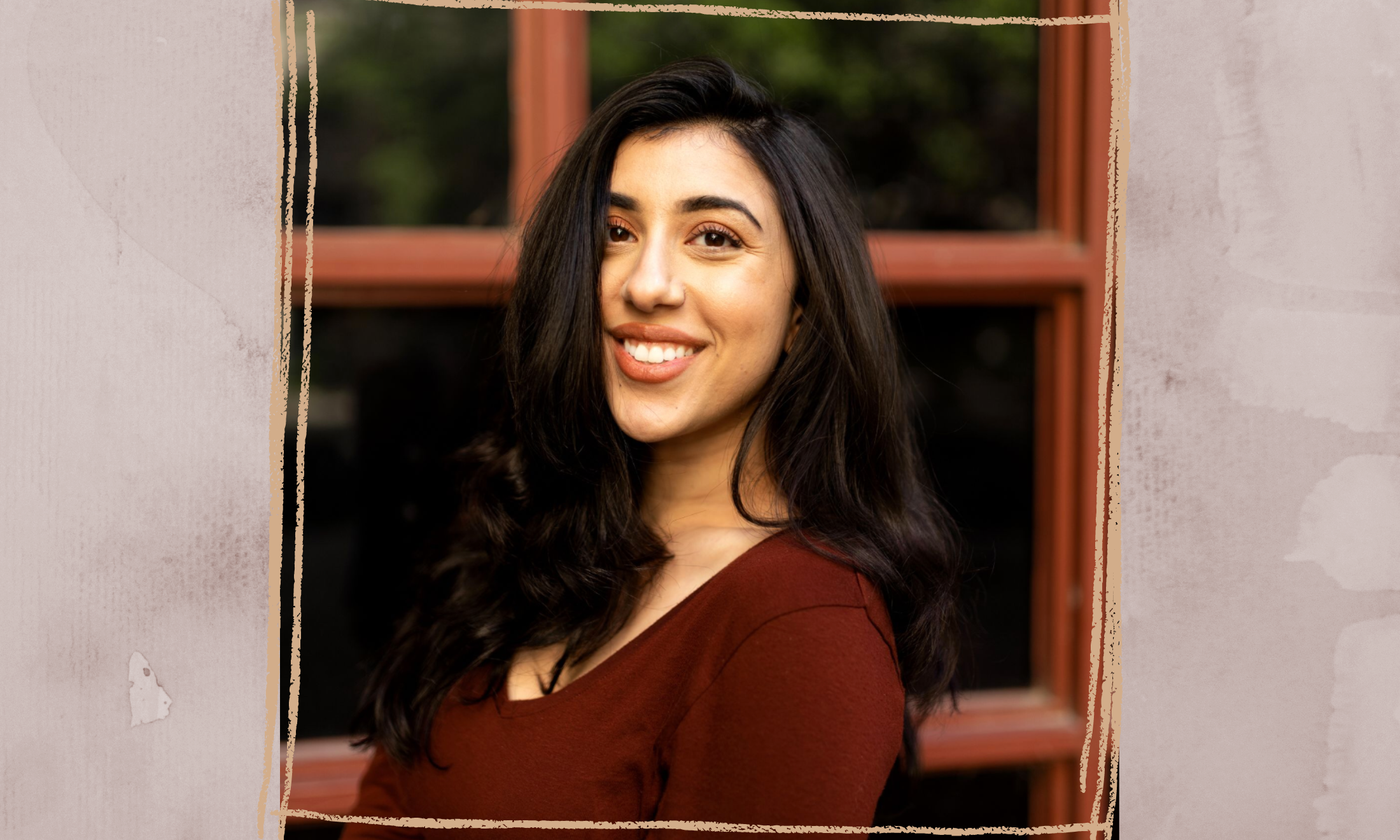
The kettle had barely finished boiling when there was a rap at the door. Everyone’s bloodshot eyes swivelled towards my grandmother’s porch to see who had come already. They must have heard the news about my grandfather’s death.
“We have to let them in but we really need to get everything ready afterwards before others come,” said my grandmother, wiping her eyes on her saree. Little did I know that those few minutes after we had just returned from the hospital after saying goodbye to dada was the only moment we’d get to ourselves.
“I wasn’t prepared for the tumultuous experience that comes with ‘traditional’ mourning”
When my grandfather died unexpectedly in July 2017 and my uncle of terminal cancer in November, I wasn’t prepared for the tumultuous experience that comes with ‘traditional’ mourning. Or should I say days of mourning, because if you are a Hindu – a Brahmin to be specific – you observe 13 days of mourning. I had no idea what this meant, but I was about to learn very quickly that slipping back to London to pretend it was one long nightmare I’d wake up from, was not it.
From that first knock on the door, it was like an electrical surge had jolted the family into action. My grandmother said we had to clear out the living room and put white sheets on the floor so people could come and sit down. We had to get a picture enlarged of my grandfather and place it at the front of the room with a garland of flowers around it and make sure the lit candle in front never went out.
“It was like a surreal Indian wedding, without the rich food and devoid of all laughter”
Then the people came. Neighbours, community members, friends of friends, close friends and family who wanted to pay their respects made their way over. It’s tradition to do so in those first few days. Some had walked from nearby, others carried out a four hour car journey just to spend an hour with us. It was like a surreal Indian wedding, without the rich food and devoid of all laughter. Cars filled the cul-de-sac daily and packed out the house until the evening. The immense sadness was mingled with curiosity at the sheer number of people visiting and often accompanied by wondering who half of them even where.
I couldn’t understand why everyone would descend the way they did when our heads were still reeling. Just when we’d manage to persuade my grandmother to eat something, the doorbell would ring and she’d rush off again, her plate untouched. It unnerved me. I was hardly feeling sociable and looking presentable was completely unattainable. Didn’t they think we needed some time to even register what had happened? Weren’t we allowed any space?
“The sleepless nights and constant hosting had taken its toll and I was drained”
There were so many rules and so much to do within these 13 days. Each evening we had to do prayers for half an hour. By day 13, a few days after the funeral, there was an event you had to organise at the local temple, a sort of wake a few days after the funeral separate from the wake itself. It was overwhelming.
But somewhere within those few days, my irritation at it all abated. The sleepless nights and constant hosting had taken its toll and I was drained. But that’s when I realised I needed these people. When the first of my grandmother’s friends walked through the door, gave me a hug and forcibly sat me down for breakfast, it was more welcome than ever before. Because in that moment and from then on, I needed the help.
“It made me feel like it was a universal experience rather than an isolating one”
Each evening when they would all read out passages of religious text and nudge us to eat khichri they’d bought over in tupperware, I was grateful. They’d talk about their own experiences, how it’s part of our reincarnation cycle and fleetingly it made me feel like it was a universal experience rather than an isolating one. I watched as they held my grandmother’s hand and although they couldn’t take away her pain, the words gave us all strength at a time where we couldn’t muster the energy to find it ourselves.
What I learned from this extended version of mourning was averting your gaze from death is the Western way. You don’t really know which of your friends are going to be comfortable with how you (literally) cried over two dead bodies within weeks of each other. Or if they’ll understand why you want to cancel plans. And discussing with colleagues was a definite no-no, it’s business as usual.
“It felt better to see them dressed up in their finest one last time”
But 13 days of mourning the way my elders did it made me stronger. It’s painful, awkward and startles you – but facing both deaths square in the face helped. Even the funerals were open casket and I watched as my cousins, not even teenagers yet, bravely holding my grandfather and uncle’s hands in their coffins before they were taken away. I learned in time that it felt far more complete to be with them each step of the way than walk away at the hospital and never see their faces again. It felt better to see them dressed up in their finest one last time.
My friends thought it was “full on”, and they weren’t wrong. But what happened by the time those days were over was that I had mourned. I had mourned hard, without any complication. It doesn’t take away the pain of losing a person, but it shows you a lot of things, like how it’s OK to take time out to try and come to terms with it, rather than launching back into normality like it never happened. Even if keeping busy is your method, it reminded me that it’s OK not to be functioning at the usual speed.
I deeply resented it all at first, but now I appreciate what our culture bestowed onto us, despite the discomfort. Grieving this way showed me a fearless and no-nonsense side of the community which is an invaluable, powerful force for good and truly life-changing. And I’ll always be grateful we did it the way we did.









